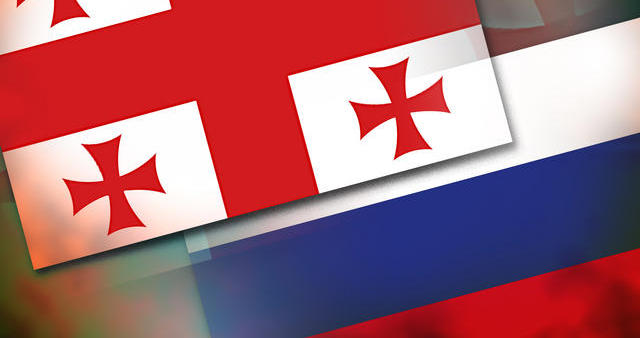
From Daniel McLaughlin, the Irish Times: Three years on, the heat of war has given way to an ice age in relations between Georgia and Russia.
The countries do not have official diplomatic relations and post-war talks between their representatives in Geneva have achieved little.
The EU mediator at those talks, Pierre Morel, recently described the situation between the neighbours as “stable but unpredictable, with a potential for dangerous escalation due to highly worrying developments and incidents”.
The International Crisis Group (ICG) this month called for direct talks to defuse a “fragile and potentially explosive” situation and urged the sides to engage on issues including regional security, trade and transport, possibly with Swiss mediation.
The ICG suggested that wide-ranging talks could be based on current dialogue, with Swiss intermediaries, over Russia’s 15-year bid to join the World Trade Organisation. All WTO members must approve Russia’s accession, and Georgia is threatening to block it.
That veto is one of Tbilisi’s strongest weapons against Russia, which for its part has imposed a damaging trade embargo on Georgia, banning imports of its excellent wines, mineral water and agricultural produce.
This year’s anniversary of the war brought no hint of a thaw in relations.
“Georgia accuses Russia not only of supporting a spy network on its territory but also of playing a role in the dozen bombings and attempted bombings that occurred across the country in 2010-2011,” the ICG said. “Russian officials have sporadically accused Georgia, in very general terms, of assisting Islamist insurgents operating in Russia’s North Caucasus. . . .”
South Ossetia and Abkhazia are now Kremlin fiefdoms, swarming with Russian soldiers, security agents, political “advisers” and businessmen; most people living there have been given Russian passports and will be allowed to vote in forthcoming Russian elections. (graphic: Center for European Studies) (via Real Clear World)
Image: ces%208%2015%2011%20russia_georgia_flag.jpg
